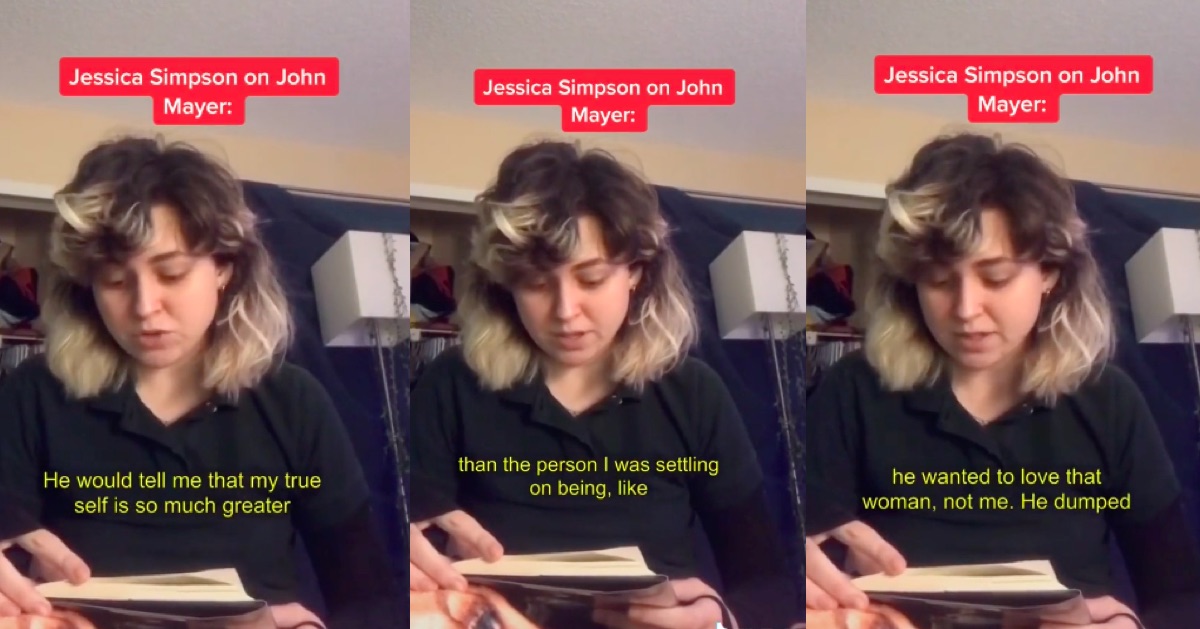John Mayer Is Getting Called Out For How He Treated Women Pop Stars He Dated
The recent Britney Spears documentary about the #FreeBritney movement has brought up a lot of uncomfortable questions about the ways young women in pop culture have been treated by the media.
Spears has been under a conservatorship controlled by her father for years, despite demonstrating the mental capacity to dictate her own life. The documentary highlights the way Spears was harassed by the paparazzi and demonized by the press.
On Monday, musician John Mayer was interviewed on SiriusXM’s Andy Cohen Live, Billboard reports, on which they discussed Framing Britney Spears.
“I almost cried five times during that,” Mayer told Cohen. “I mean, I was on the edge of tears five times, because if you understand what this business/industry/lifestyle does to a person. To go through this and come out the other side OK, is to have infinite grace for those who struggle with it.”
“I came out OK. … I have a very strong feeling that part of that is because I’m a man,” he added. “And I have a very strong feeling that a lot of these things that happen to female performers is endemic to being female.”
These sound like very thoughtful comments, but a lot of people were quick to note that Mayer’s words don’t quite match up with his actions.

John Mayer has a terrible reputation for how he messes with women he’s in relationships with, including pop icons Jessica Simpson and Taylor Swift.
Some have been revisiting the stuff Simpson wrote about Mayer in her autobiography, referencing an infamous interview he gave to Playboy in which he called her “sexual napalm” and objectified her in other ways. She also says he frequently broke up with her over email and messed with her head. A lot.
He also used the n-word in that Playboy interview and said he wasn’t attracted to Black women, claiming he has a “white supremacist” d-ck.
He later apologized for the racist coments, but Simpson wrote in her memoir that this was typical of him.
Others have pointed out that John Mayer was 32 when he dated Taylor Swift, who was only 19 years old at the time. When she wrote a song about him, he mocked her work and the whole idea of Taylor Swift writing songs about break up as a bad thing became a trope:

